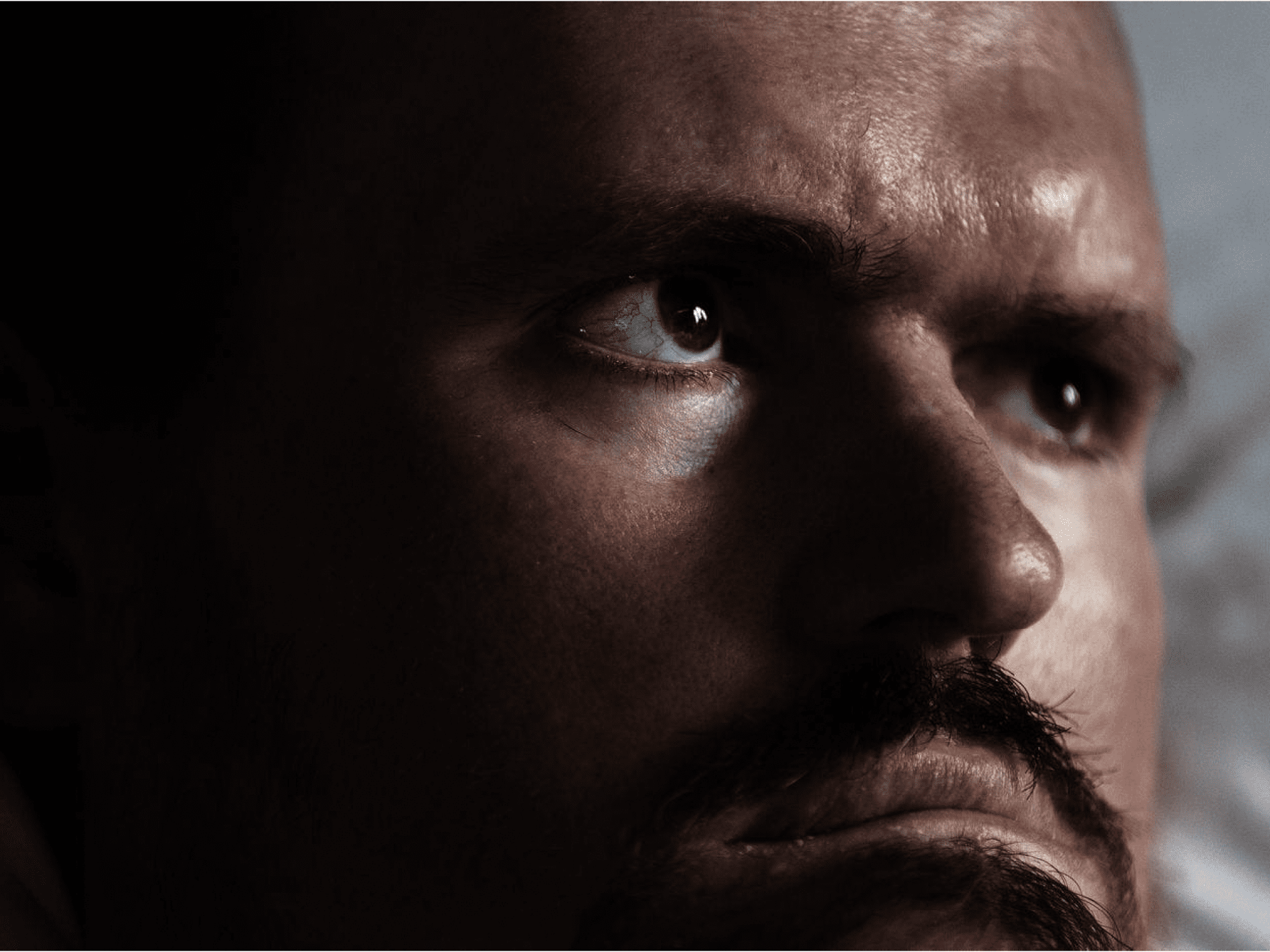The Effects of Aging on Swallowing
As we age, the muscles in our bodies don’t always work as well as when we were younger. We often notice changes in strength and endurance as we get older. But, did you know that a person’s ability to swallow food and liquids also changes as they age? There have been many studies that have looked at changes in swallow physiology as we age. Generally, we find that normal changes in swallowing include a longer period of respiratory pause, a later onset of the swallow reflex, longer time for the food to travel from the throat to the esophagus, and transient penetration of food into the airway. Basically, the swallow function becomes slower and slightly weaker as we age. These are all normal variations in swallow function.
Sometimes, changes in swallowing are not normal and would indicate a disordered swallow. Dysphagia is defined as any difficulty chewing or swallowing food or liquid. Aging, in itself, does not cause dysphagia, but aging does make you more susceptible to dysphagia. Dysphagia can become very serious and can result in dehydration, weight loss, and pneumonia.
If you think you might be experiencing abnormal changes in your swallow, ask yourself the following questions:
- Does food sometimes go down the “wrong pipe?“
- Does your voice sometimes sound “gurgly” or wet when you eat?
- Is eating sometimes less enjoyable than it used to be?
- Do you sometimes get the feeling that food is stuck in your throat?
- Have you had repeated pneumonia or other respiratory illnesses?
- Have you ever lost weight without trying?
- Do you often have trouble swallowing medications?
- Do you often choke or cough when you eat foods or swallow liquids?
- Do you often have difficulty swallowing a specific food or liquid?*
*The questions above are derived from the American Dysphagia Network and are meant as a guide only. The answers do not necessarily signify a diagnosis of dysphagia.
If you answered “yes” to more than one of the questions above, you may be experiencing abnormal changes in your swallow function, and you should consider consulting your physician. Your physician may refer you to a speech-language pathologist who can diagnose swallowing disorders and provide you with exercises and strategies for safe swallowing.



